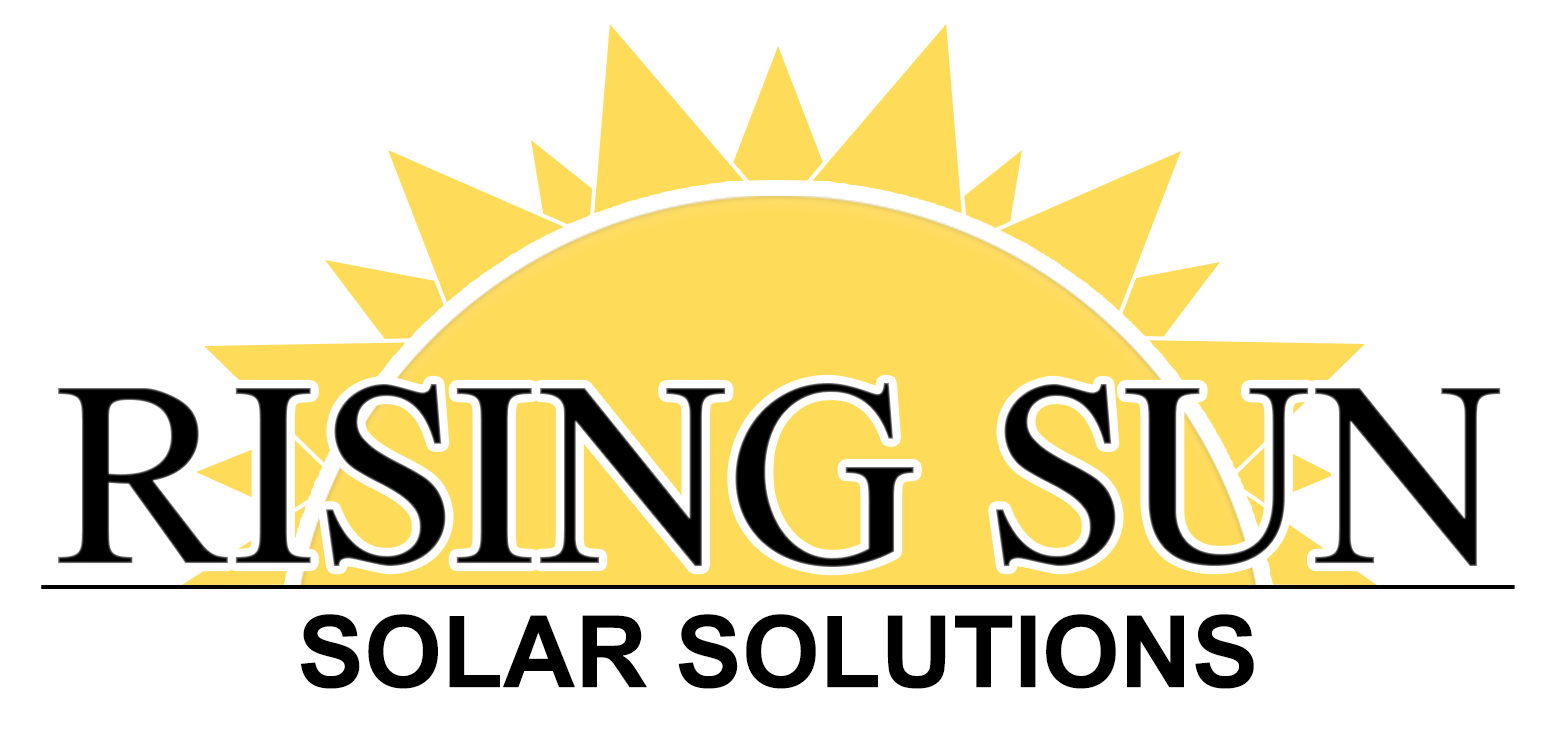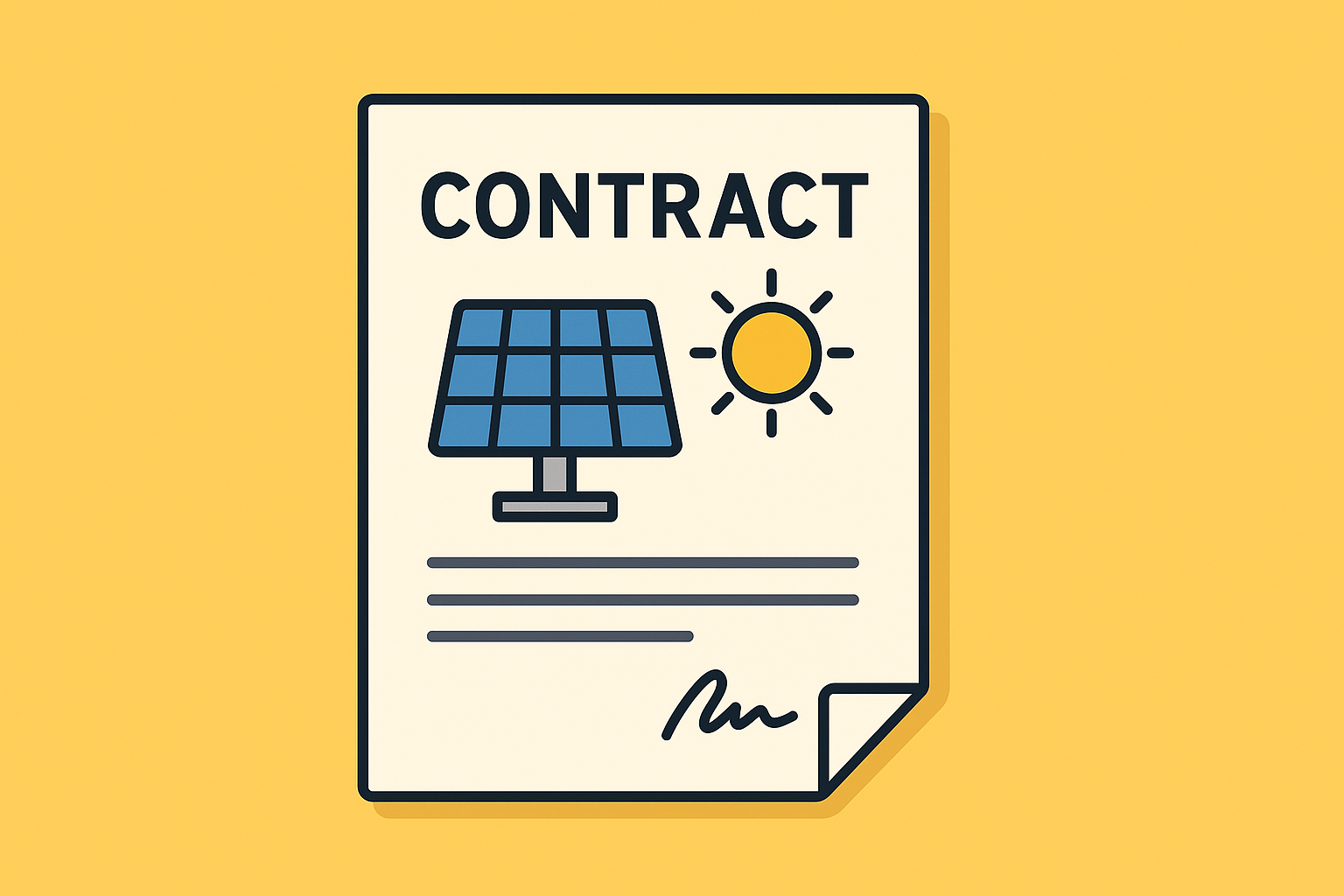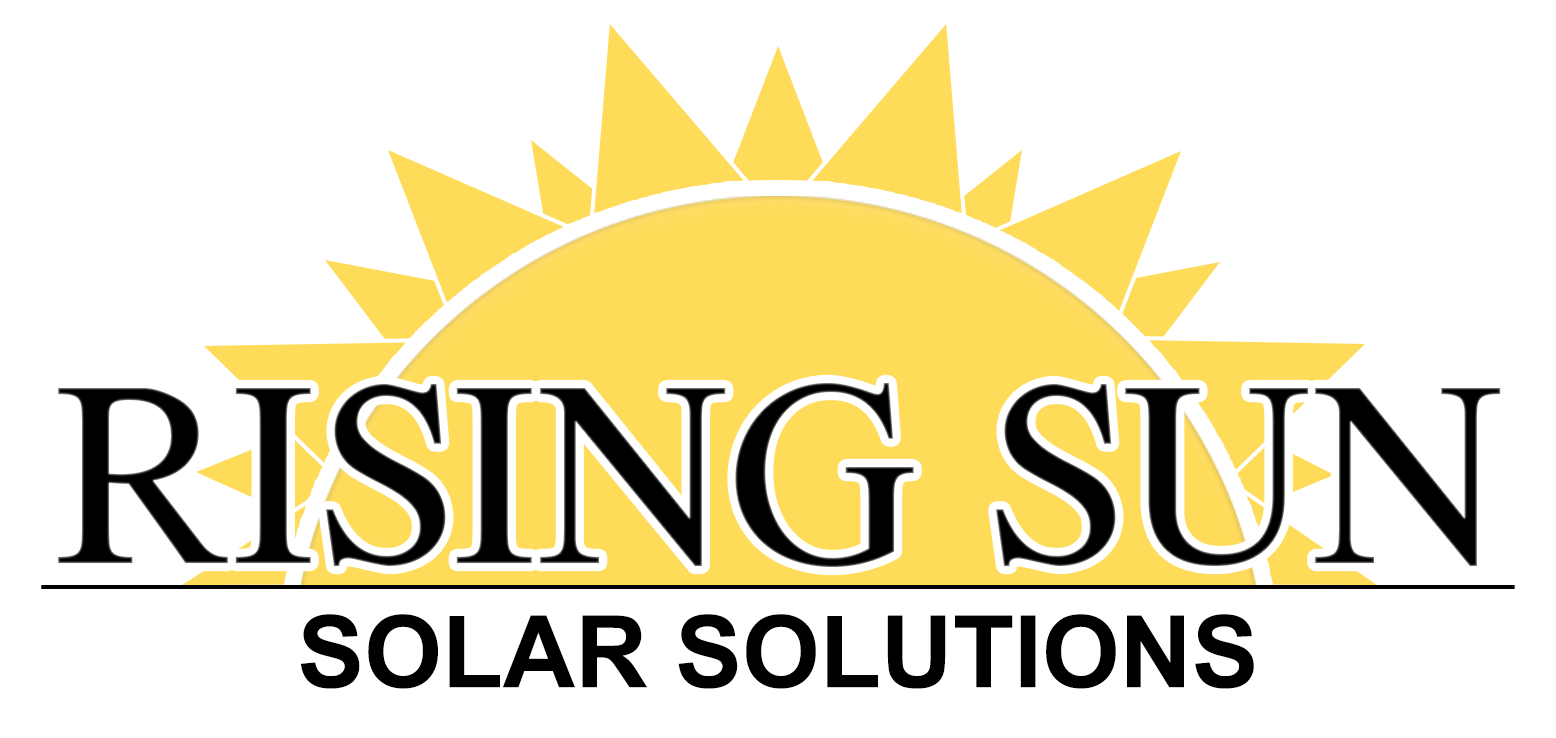Did you know there are over 178,000 solar installation companies in the U.S. as of 2023, according to the Solar Energy Industries Association? That gives you a lot of options when signing a solar panel contract… or so it may seem.
Before the first panel goes up on your roof, there’s one essential step you shouldn’t overlook: reviewing your solar panel contract. Finding a contractor and contract that agrees with your budget and energy needs will greatly narrow down your search from that initial 178,000.
Let this document be your guide to getting the best agreement between you and your installer by ensuring both parties understand the scope, expectations, and responsibilities of the project.
Choosing solar is a big investment; we’ll walk you through what to look for in solar contracts so you can sign with confidence.
Understanding the Basics of a Solar Panel Contract
A solar panel contract is a legally binding agreement that lays out the terms and conditions of your solar installation. It covers everything from equipment details to timelines, warranties, and payment terms. Whether you’re working with a national installer or searching for reliable solar contractors near me, your contract should provide a clear and complete picture of the services being offered.
Key Components of Solar Installation Contracts
Before you sign on the dotted line, take a close look at these critical components of your solar panel contract:
1. Project Scope and Equipment Details
Your contract should list all the solar equipment to be installed, including:
– Number and type of solar panels
– Inverter specifications
– Mounting system details
– Battery storage (if applicable)
Look for brand names and model numbers so you can research the quality and reputation of the components. The contract should also specify whether the equipment is new or refurbished.
2. Installation Timeline
Every solar installation should come with a clear schedule. Your contract should outline:
– Estimated start and completion dates
– Timeframes for permitting and inspections
– Deadlines for milestone completions
This section helps you hold your installer accountable and prevents delays.
3. Cost Breakdown and Payment Terms
A trustworthy solar power contract will include a full breakdown of costs, including:
– Equipment cost
– Labor and installation fees
– Permit fees
– Sales tax (If applicable)
Also look for clear payment terms, including:
– Down payment amount
– Payment schedule (milestone or completion-based)
– Final payment details
Avoid vague or open-ended payment terms that leave room for surprise fees.
4. Warranties and Guarantees
Solar contracts should detail warranties on both products and workmanship. Look for:
– Manufacturer warranties: Usually 10-25 years for panels and inverters
– Installation warranties: Typically 5-15 years covering labor and workmanship
–Performance guarantees: Some installers offer energy production guarantees based on system design
At Rising Sun Solar Solutions, we offer some of the longest solar warranties with a 25-year manufacturer and a 15-year installation warranty.
5. Ownership and Financing Options
They are a few ways that you can make a solar purchase, which usually means choosing between buying vs. leasing your solar unit. Here are some things to consider when making this decision:
– Purchase: You own the system and get all tax benefits
– Lease: The company owns the system; you pay a fixed monthly fee
– Another option: Power Purchase Agreement (PPA): Some companies allow you to pay only for the amount of electricity the system produces without owning your solar unit.
Your solar panel contract should clearly define the ownership model and any associated obligations or rights.
6. Insurance and Liability Coverage
The contract should specify who is responsible in the event of damage to your property during installation. Check for:
– Proof of the installer’s general liability insurance
– Worker’s compensation coverage
– Damage or repair terms related to your roof
7. Maintenance and Monitoring
Your contract may also include maintenance or monitoring services. These can be especially useful if your installer offers remote system performance tracking.
– Is monitoring included in the price?
– Are there annual maintenance checks?
– What is the procedure if the system isn’t performing as expected?
8. Cancellation and Termination Terms
Understand your rights if you need to cancel the project. Look for:
– Grace periods or cancellation windows
– Fees for early termination
– Refund policies on deposits
Red Flags to Watch For in Solar Contracts
Even if everything looks good on paper, be cautious of these red flags:
– Unlicensed installers: Always confirm licensing and certification
– High-pressure sales tactics: Legitimate companies give you time to review
– Hidden fees: Ask about additional costs not listed in the contract
– No warranty info: If it’s not in writing, it’s not guaranteed
Tips for Working with Solar Contractors Near Me
Hiring a reputable local installer gives you peace of mind and reliable service. Here’s how to vet solar contractors near me:
– Check reviews and references
– Confirm they’re licensed and insured in your state
– Ask for examples of past installations
– Read every solar installation contract carefully
Choosing the Right Solar Panel Contract
Going solar is a long-term commitment, and your solar panel contract is the foundation of that journey. Take your time to read it thoroughly, ask questions, and don’t hesitate to seek legal advice if needed. A well-written contract protects your investment, sets clear expectations, and ensures your project runs smoothly.
Whether you’re installing a small residential system or a larger commercial array, the right solar power contract gives you confidence and clarity from day one. With so many options on the market, choosing a trustworthy installer and understanding your contract can make all the difference in your solar experience.
Ready to go solar? Reach out to Rising Sun Solar Solutions for expert guidance, honest service, and transparent solar contracts designed to put your peace of mind first.


